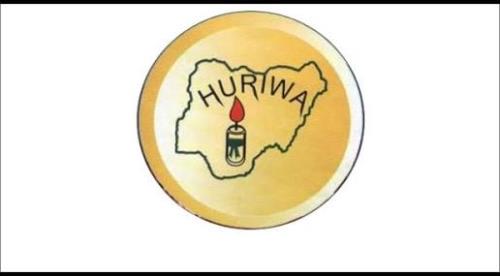The Director-General of the Nigerian Civil Aviation Authority (NCAA), Capt. Chris Najomo, said African states face several challenges in balancing national carrier protectionism with the need for liberalisation and regional connectivity.
Protectionism, he lamented, often led to fewer carriers, poor service quality, and higher ticket prices for consumers, stressing that there is often a disconnect between aviation, tourism, and trade policies that undermines liberalisation goals.
These challenges, he noted, stemmed from political, economic, regulatory, and infrastructural factors. He, however, stated that as part of Nigeria’s government policy trust, his administration, through the backing of the Minister of Aviation and Aerospace Development, supported the growth and sustenance of local airline businesses whilst holding them to the highest international standards in the aviation industry.
Najomo stated this at the 10th International Civil Aviation Organisation (ICAO) Africa Indian Ocean AFI region Aviation Week SymposiumSession 5, at the Elephant Hills Resort in Victoria Falls, Zimbabwe, with the theme ‘Optimizing Air Transport connectivity for Sustainable Economic Development in Africa’ where he engaged in a question and answer with delegates.
He enumerated the successes of the Ahmed Bola Tinubu’s administration in reshaping Nigeria’s aviation industry to make it globally competitive.
Listing some of the challenges, which he said were still a clog in the wheel of progress for national airlines, Najomo explained that national airlines were national pride and identity, stressing that governments are aware that liberalization is best for air connectivity.
He maintained that most governments in Africa find it difficult to embrace full liberalisation and instead practice protectionisms to shield their airline from competition.
He said: “There is also the fear that liberalisation will undermine their national carrier’s market share and profitability.
The slow implementation of the Yamoussoukro Decision and the Single African Air Transport Market (SAATM) has made air transport connectivity cumbersome.
“Look at how many African states delay the implementation of SAATM because of the fear that they will lose control of certain routes, which may negatively impact on their national airlines. The other is the absence of economic regulations.
Most African states have not yet developed robust economic regulation to provide the needed assistance in balancing the needs for liberalisation of the regional routes.”
He posited that the lack of autonomous civil aviation authorities had done incalculable damage to air transportation on the continent. He said: “Some states are yet to have an autonomous aviation sector.
They therefore do not practice globally accepted practices in air transport liberalisation. We also have the visa barriers.
The benefits of liberalised air transport, especially ease in movement of passengers, is not achieved under strict visa regimes between African states.
Please follow and like us:











